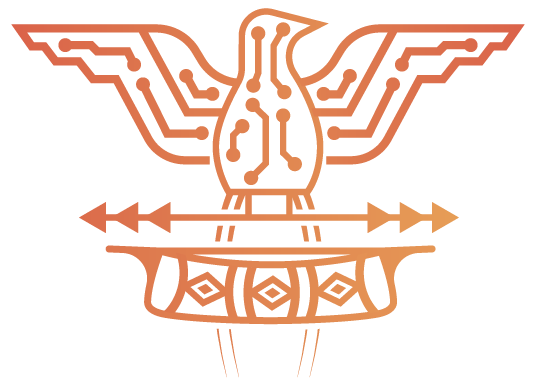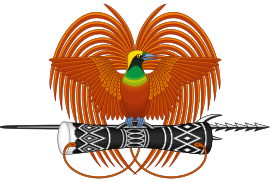Digital Standards
Standards and Guidelines
Release of Various Draft Digital Standards for Consultation
Download Public Notice
Cybersecurity Standards and Guidelines
The Cybersecurity Standards and Guidelines establish standards, guidelines, and best practices for identifying and implementing appropriate cyber security measures to protect their systems and data from cyber threats, thereby improving their cybersecurity posture.
The primary objective of these standards is to define common security requirements and capabilities required to facilitate a safe and secure digital space, thereby improving security of critical infrastructures, networks, and systems throughout the public sector.
The cybersecurity standards include Critical Infrastructure Standards, Security Solutions Standards, and Security Policies Standards, which identify common security requirements that all public bodies should be aware of. Cybersecurity guidelines provide recommendations for practices that all public bodies should implement in order to improve their cybersecurity operations and, as a result, their cybersecurity posture.
Download: Cybersecurity Standards and Guidelines
Domain Name Standards and Guidelines
The Domain Name Standard proposed by Digital Government Standard of PNG DICT provides guidelines for the registration, management, and use of domain names within the Papua New Guinea government domain. The standard outlines the rules for domain name structure, including the use of second-level domains and the types of characters that are permitted in domain names.
The standard also covers the procedures for registering and managing domain names, including the use of a centralized registry system and the requirements for domain name registration. It outlines the roles and responsibilities of various stakeholders, such as domain name administrators and registrars, and provides guidance on the resolution of domain name disputes.
Additionally, the standard emphasizes the importance of security and privacy in the use of domain names, and recommends the use of best practices such as two-factor authentication and encryption.
Overall, the Domain Name Standard aims to establish a consistent and reliable system for domain name registration and management within the Papua New Guinea government domain, while promoting security and privacy best practices.
Download: Domain Name Standards and Guidelines
Email Standards and Guidelines
The Email Standards and Guidelines defines standards and guidelines for the use of government emails.
The primary objective of these standards is to maintain a consistent and predictable method of naming government email addresses as well as provide guidelines for the proper use of government emails, email security, and email management.
Download: Email Standards and Guidelines
Website Standards and Guidelines
Website standards refer to a set of guidelines and best practices that ensure a website’s functionality, accessibility, usability, and overall quality. These standards cover various aspects of web design, including layout, navigation, content, graphics, coding, and security. By adhering to these standards, website owners can create websites that are user-friendly, easy to navigate, visually appealing, and accessible to all users, regardless of their device, browser, or physical ability. Website standards also play a crucial role in ensuring that websites are secure, compliant with legal requirements, and optimized for search engines. Overall, following website standards is essential for creating websites that meet the needs and expectations of users, while also maintaining the highest levels of quality, security, and compliance.
Download: Website Standards and Guidelines
Digital Identification Standards (Under Consultation)
A digital identity, usually referred to as a digital ID, is an electronic or digital type of identification. In a variety of online engagements and transactions, it is used for verifying and authenticating the identity of people or other entities. Online banking, social networking platforms, government agencies, and other digital settings where identity verification is required frequently employ digital IDs. This instrument establishes standards, guidelines, processes, and technologies that must be used in the development, usage and management of a digital identification system
This digital ID framework suggests a digital identification process that may be used as an alternative to the physical identification system that is current in Papua New Guinea. This framework identifies key elements for the effective management of digital identification and associated technologies as well as ensuring all its systems are protected, secured, controlled, tested and maintained. A digital ID plan, standards and other relevant instruments, may be derived from this framework to assist in developing a robust and interoperable digital identification system in the country.
Download: DRAFT Digital Identification Standards
Contact Information
Dept of Information & Communication Technology
PO Box 784
Vision City, National Capital District, PNG
Email:info@ict.gov.pg
Phone: +675 3250171
Location: Islander Drive, Waigani Drive, NCD

